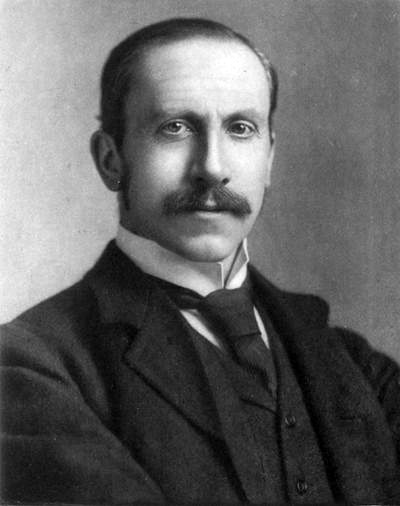Źródło: ks. Adam Romejko, Rola arcybiskupa Desmonda Tutu w walce z apartheidem, str. 129 http://www.romejko.edu.pl/content/pdf/20_romejko_desmond_tutu.pdf
Alfred Milner cytaty
Alfred Milner: Cytaty po angielsku
Milner as recorded by Percy FitzPatrick, cited in Diamonds, Gold, and War: The British, the Boers, and the Making of South Africa, 2008, Martin Meredith, p. 374.
Źródło: Milner, in a speech given in Glasgow on November 26, 1909, on Lloyd George's "People's Budget", presented to Parliament, Lord Alfred Milner, cited in The Nation and The Empire, Constable, 1913, pgs. 400-401
“I feel more sure that the end is nearing than I do what kind of end it will be.”
Milner commenting to Arthur Glazebrook of Canada, about the United States entering the war, cited in Forgotten Patriot, 2007, Rosemont Publishing, p. 338.
A remark to his private secretary, Lord Sandon, in May 1919. From Terence H. O'Brien, Milner, Viscount Milner of St James and Cape Town 1954-1925, 1979, Constable, p. 335.
Milner on 27 December 1900, in private correspondence with Major Hanbury-Williams, as quoted by C. Headlam in The Milner Papers: South Africa, 1933, Cassell, p. 242
Milner on 6 December 1901, on post-war government in South Africa, in correspondence with Joseph Chamberlain, as quoted by C. Headlam in The Milner Papers: South Africa, 1933, Cassell, p. 312
Źródło: England in Egypt (1894 ed.), p. 407
